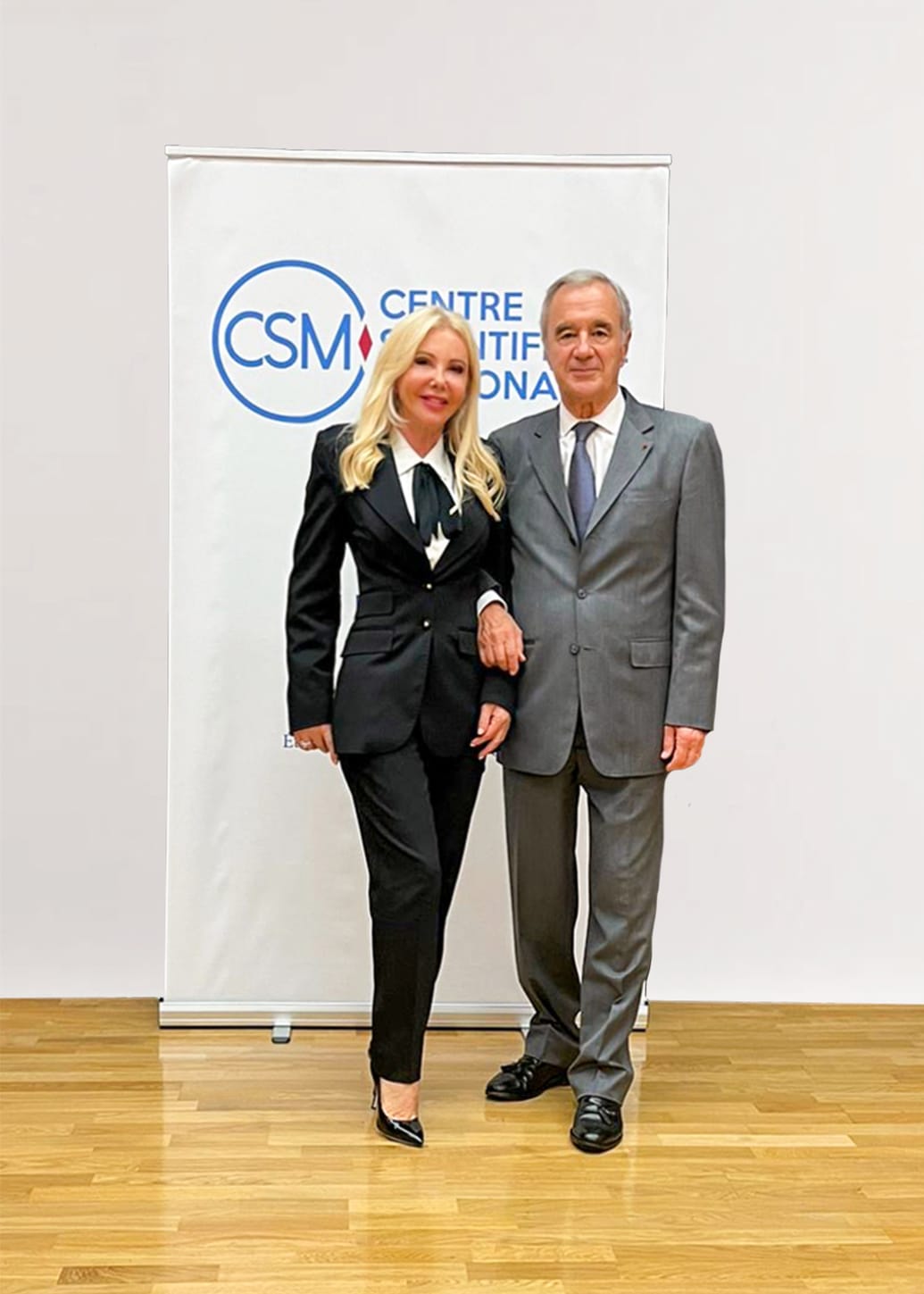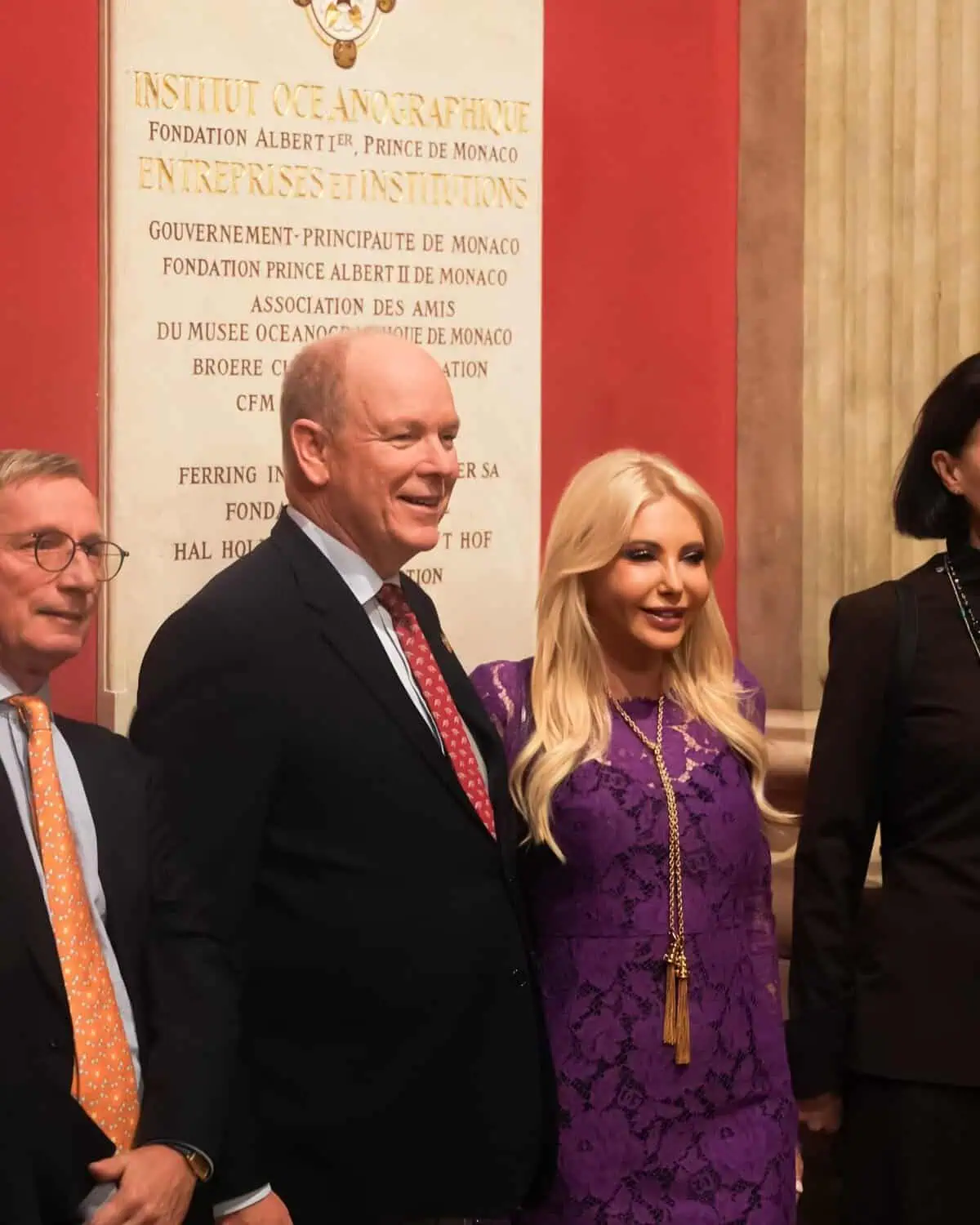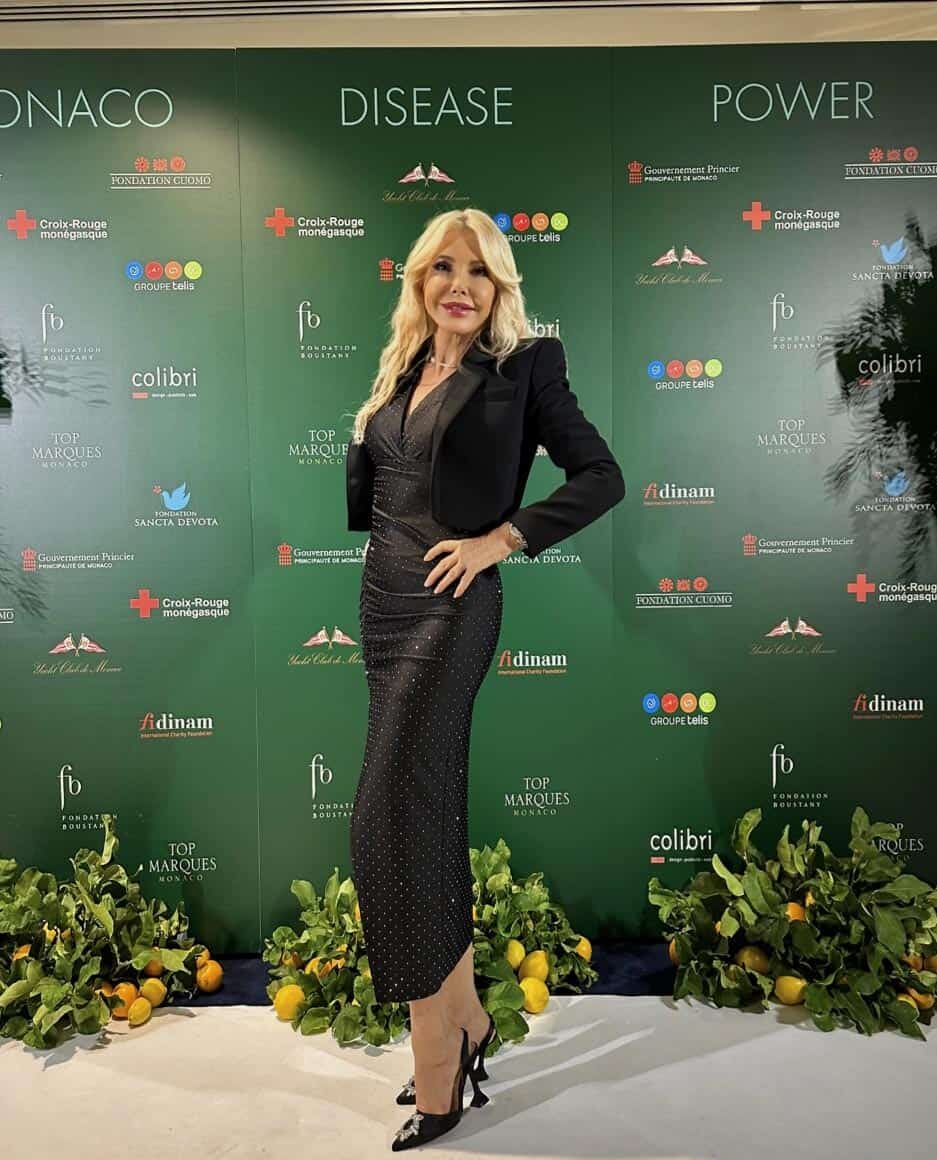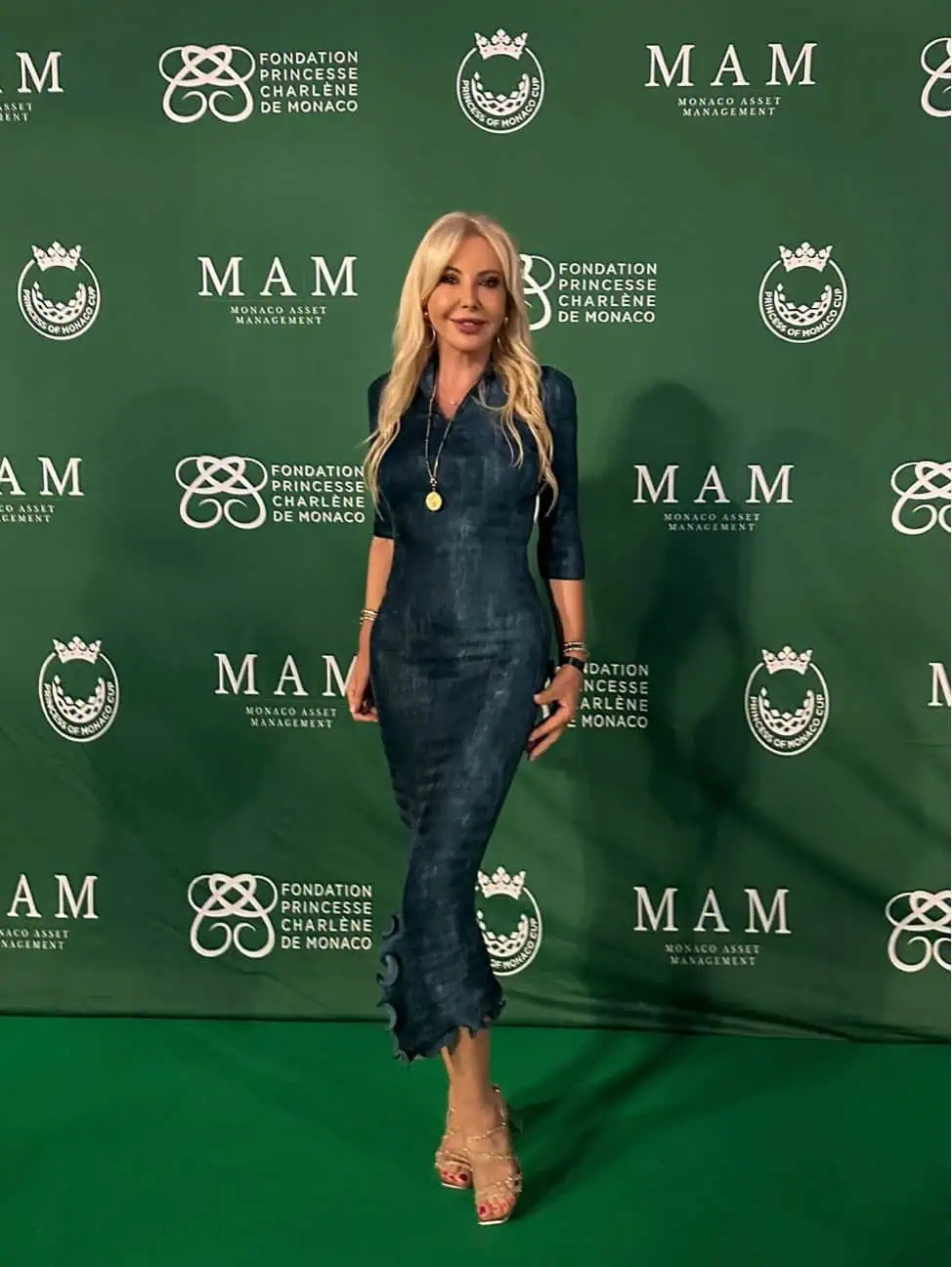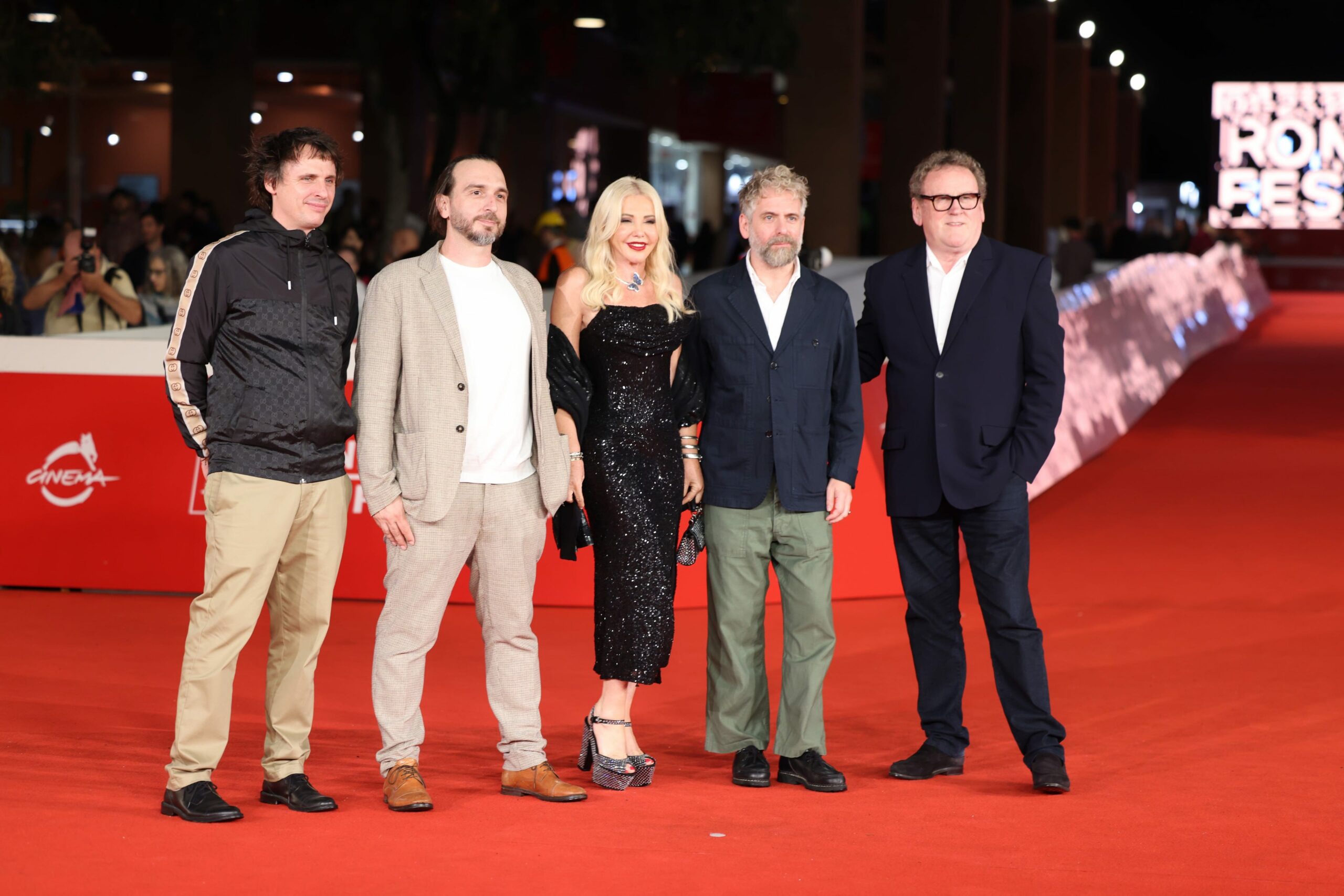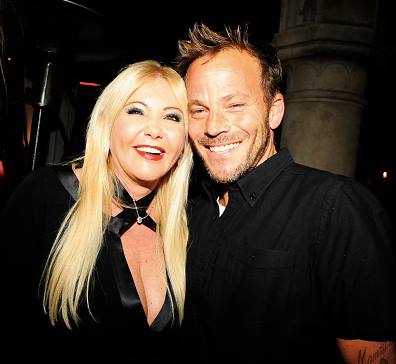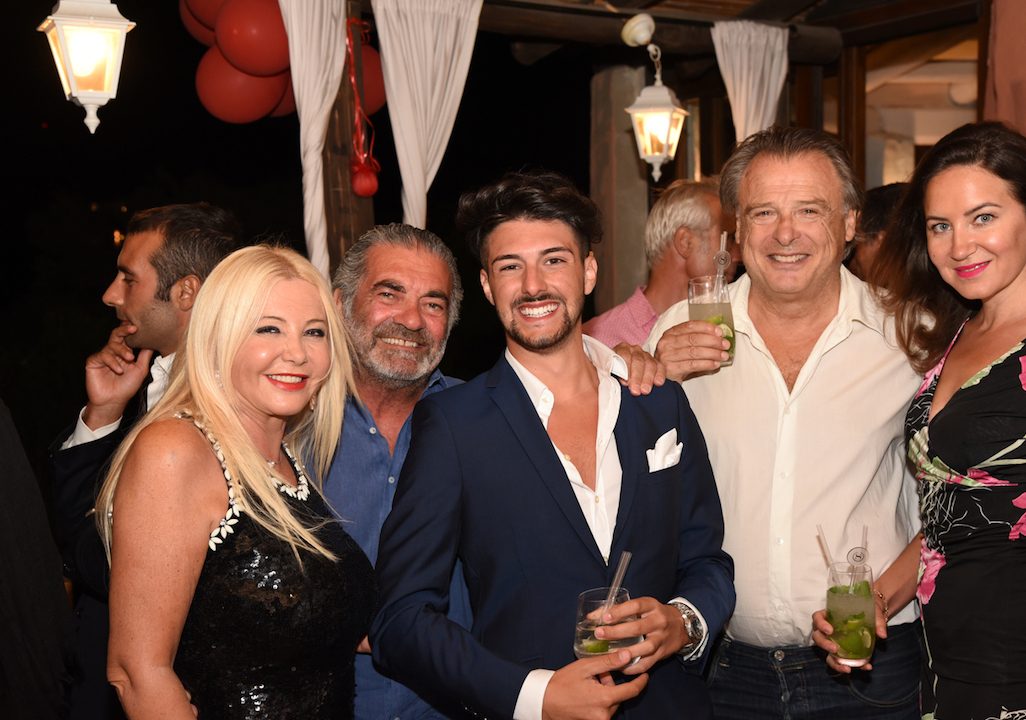MONACO, 17 October 2024 — Lady Monika Bacardi, President of the Friends of the Monaco Scientific Centre Association, addressed distinguished guests at a pivotal conference examining the increasing epidemic risks of arboviruses in the Principality. The evening gathering, held at the Amphitheater of Lycée Rainier III, brought together leading medical experts and public health officials to address a pressing global health concern with direct implications for Monaco and the broader Mediterranean region.
Arboviruses represent an escalating health threat as their geographic spread continues to expand across previously unaffected regions. These viruses are transmitted to humans through blood-feeding arthropods, including ticks and mosquitoes, and encompass some of the world’s most concerning infectious diseases: dengue fever, yellow fever, chikungunya, West Nile virus, and tick-borne encephalitis.
The conference addressed how transcontinental freight transport and climate change have accelerated the geographic expansion of these viruses, creating international public health emergencies that demand coordinated response and vigilance. The tiger mosquito, originally native to Asia, exemplifies this challenge. Established in Europe for several years, this species notably transmits the dengue virus and has demonstrated remarkable adaptability to new environments.
In France, the tiger mosquito first appeared in 2004 in the Alpes-Maritimes region and has since established populations in 78 departments, underscoring the urgency of Monaco’s proactive surveillance measures.
The evening featured presentations from three distinguished medical professionals. Dr. Pascal Delaunay, a parasitology specialist at Nice University Hospital, discussed the evolution of these tropical viruses and the preventive measures essential for public health protection. Dr. Thomas Althaus presented the comprehensive surveillance program conducted since July 2024 by the Monaco Health Directorate, demonstrating the Principality’s commitment to early detection and response. Dr. Christian Lavagna shared results of entomological and viral research carried out by the Monaco Scientific Centre, including critical data collected from mosquito traps installed throughout Monaco during the summer months.
Lady Monika Bacardi’s leadership of the Friends of the Monaco Scientific Centre Association reflects her ongoing commitment to supporting initiatives at the intersection of scientific research, public health, and community welfare. The conference underscored Monaco’s position as a center for sophisticated scientific inquiry dedicated to addressing emerging global health challenges through collaboration between medical experts, research institutions, and civic organizations.
The event demonstrated how scientific knowledge and community engagement converge to protect public health in an increasingly interconnected world where environmental changes demand adaptive strategies and informed vigilance.


